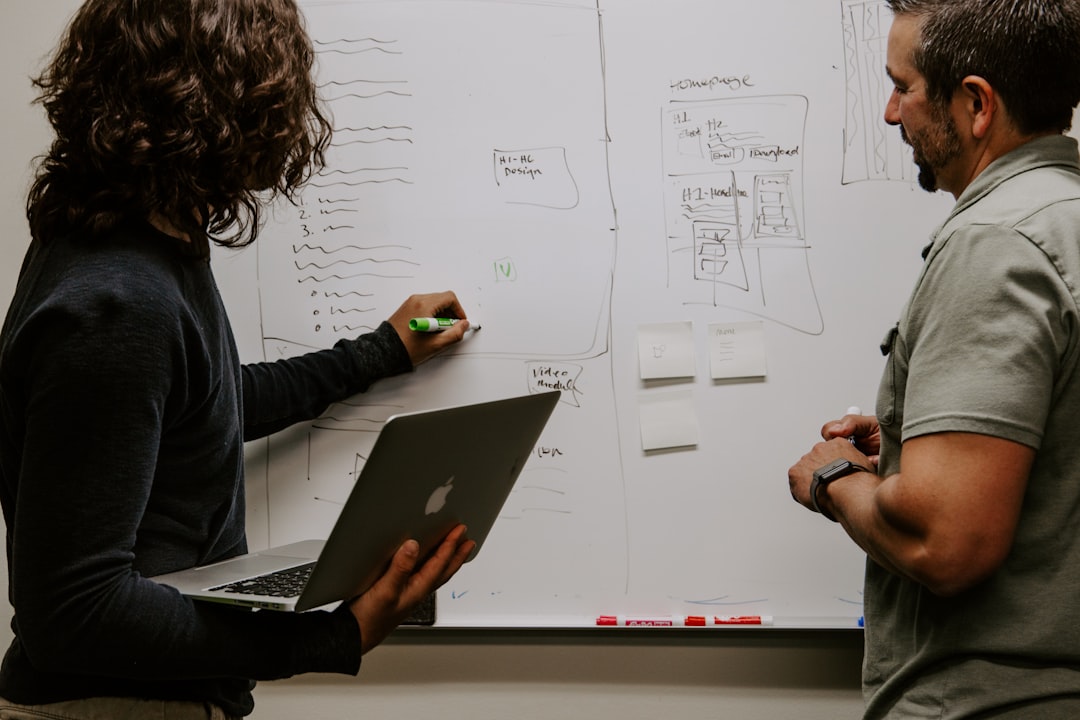What is it about?
We analyze the availability of case study teaching to meet learning objectives of sustainability in business classrooms. We claim that a problem-posing framework, though less common than a problem-solving setup, presents a powerful opportunity for educators to better meet sustainability learning goals because it promotes collective dilemmas and students' transformation to better solve complex, sustainability challenges in the real world.
Featured Image

Photo by Jason Blackeye on Unsplash
Why is it important?
Challenges around sustainability issues, both environmental and social justice, are complex and will require learners and workers prepared to propose and implement creative solutions. Case studies are a powerful teaching tool to help students understand these topics, but they could be even more powerful if educators could write, or modify, existing problem-solving cases to be problem-solving framed, leading to collective transformation of learners.
Perspectives
This paper presents both a strong theoretical background to the suggestion of applying a problem-posing framework to teaching-case studies, as well as practical advice on converting the usual problem-solving cases to problem-posing ones.
Mark Walvoord
University of Central Oklahoma
Read the Original
This page is a summary of: Problem-posing in management classrooms for collective sustainability transformation, International Journal of Sustainability in Higher Education, February 2021, Emerald,
DOI: 10.1108/ijshe-05-2020-0141.
You can read the full text:
Contributors
The following have contributed to this page










